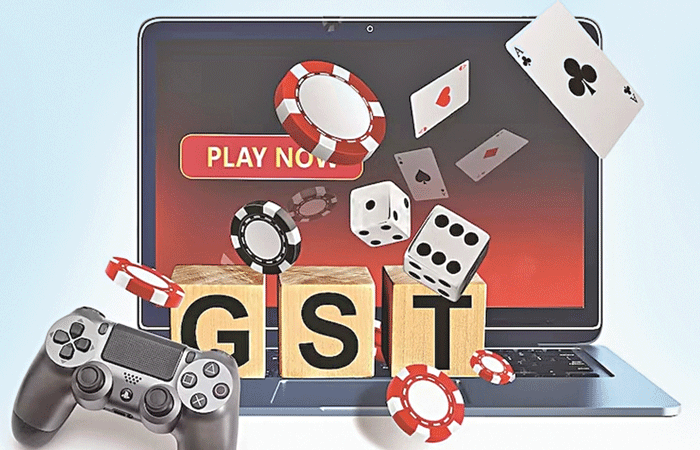
New Delhi: The Indian pay-to-play online skill gaming industry is facing challenges with the recent GST tax amendments imposing a 28 per cent duty on deposits. The excessive tax liability has created adverse effects, including funding shortfalls, slower growth of companies in the emerging sector, job losses and increased uncertainty, said a joint report by Ernst & Young (EY) and the US-India Strategic Partnership Forum.
According to the report, this is having the biggest impact on real-time gaming formats, which also includes casual games with small groups of players.
The sector is facing a shortage of foreign funding from October 2023 after receiving $2.6 billion of FDI from domestic and global investors, with over 90 per cent of the funding going in a pay-to-play format. The new GST regime has led to some of the world's top investors exiting some companies.
Before this amendment, GST expenditure was 15.25 per cent of the revenue. However, since October 01, 2023, GST has accounted for 50-100 per cent of the revenue of 33 per cent of companies and has even surpassed the total revenue of start-ups.
This is forcing these companies to operate at a loss. The report states that the high GST rate especially poses a threat to the existence of casual games.
 look news india
look news india